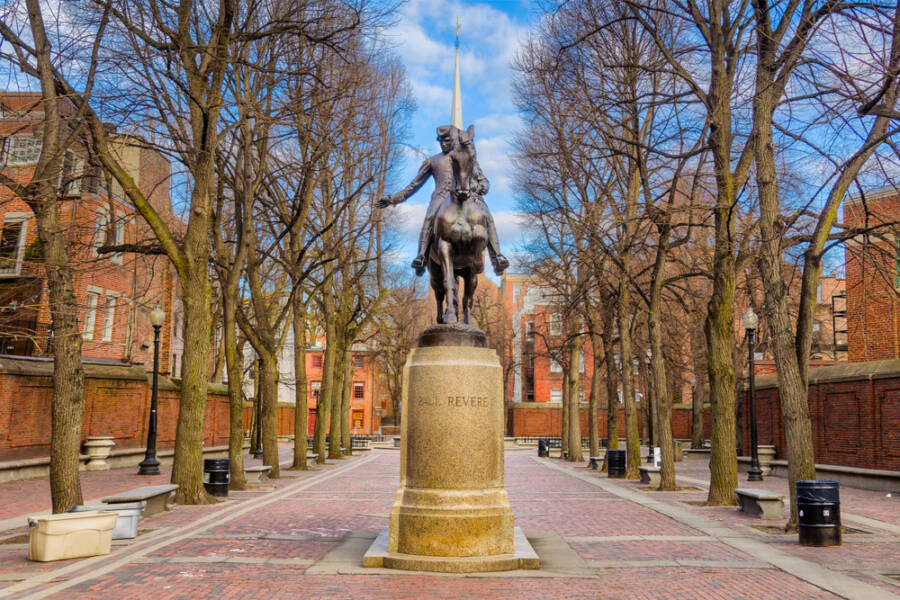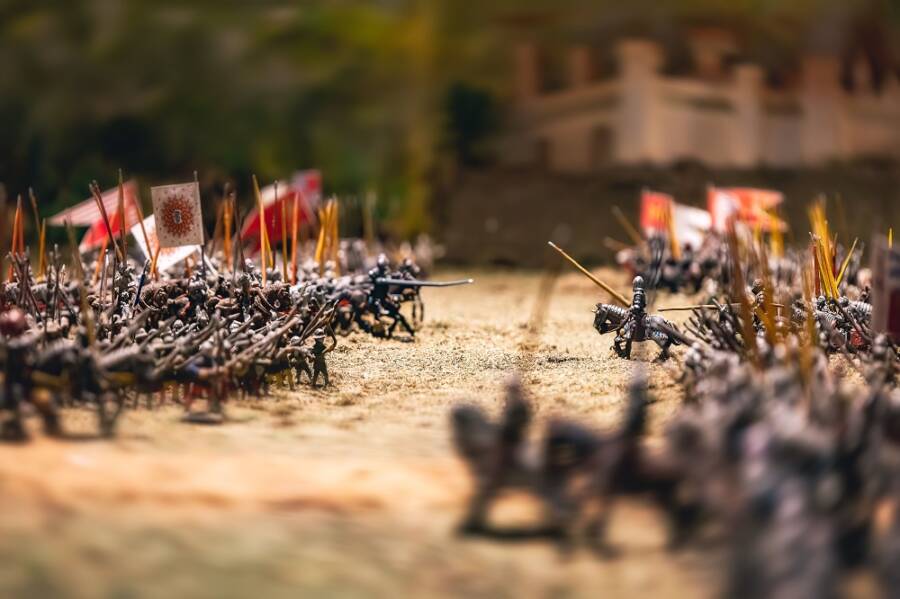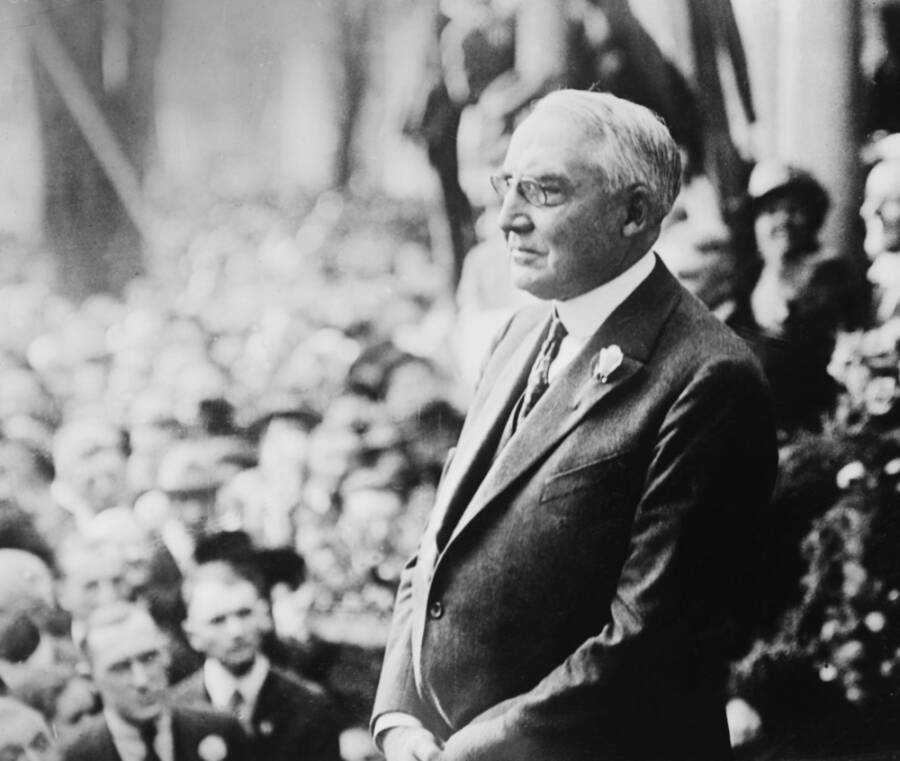
Why the Debate Continues Today
The persistence of these historical misconceptions is not due to a simple lack of information. These myths endure because they fulfill a deep-seated cultural need for simple, powerful origin stories. They are foundational narratives that help define national character and values, making them resistant to revision.
The legend of Paul Revere, the lone rider, reinforces a powerful American ideal of individualism and the idea that one person can change the course of history. In a complex world, this simple story of clear-eyed heroism is appealing. Challenging it means replacing a story of a single hero with a more complicated, and perhaps less dramatic, story of a community effort. This can feel like a diminishment of a cherished national symbol.
The debate over the “First Thanksgiving” is particularly sensitive because it is directly tied to modern political and cultural conflicts. The traditional narrative supports a view of American history as fundamentally positive and benevolent. The revisionist interpretation, which highlights disease, political maneuvering, and the prelude to centuries of conflict and displacement of Native peoples, challenges the very foundation of that positive narrative. For many Native Americans, Thanksgiving is not a day of celebration but a “National Day of Mourning” that marks the beginning of the end of their way of life. The continued debate is therefore not just about a meal in 1621; it is about how the United States reckons with the legacy of colonialism and its relationship with indigenous populations today.
Similarly, the Salem Witch Trials myth endures as a universal metaphor for any instance of mass hysteria or unjust persecution, from the McCarthy hearings to modern social media “witch hunts.” The simplistic version—a cautionary tale about religious fanaticism—is easily applicable. A more nuanced explanation involving economic strife and legal procedure is more complex and less readily deployed as a political or social metaphor. The debate continues because each generation reinterprets the events of 1692 to explain the anxieties and injustices of its own time.
Academic perspectives can often be found in journals hosted on platforms like JSTOR or through university history departments.





